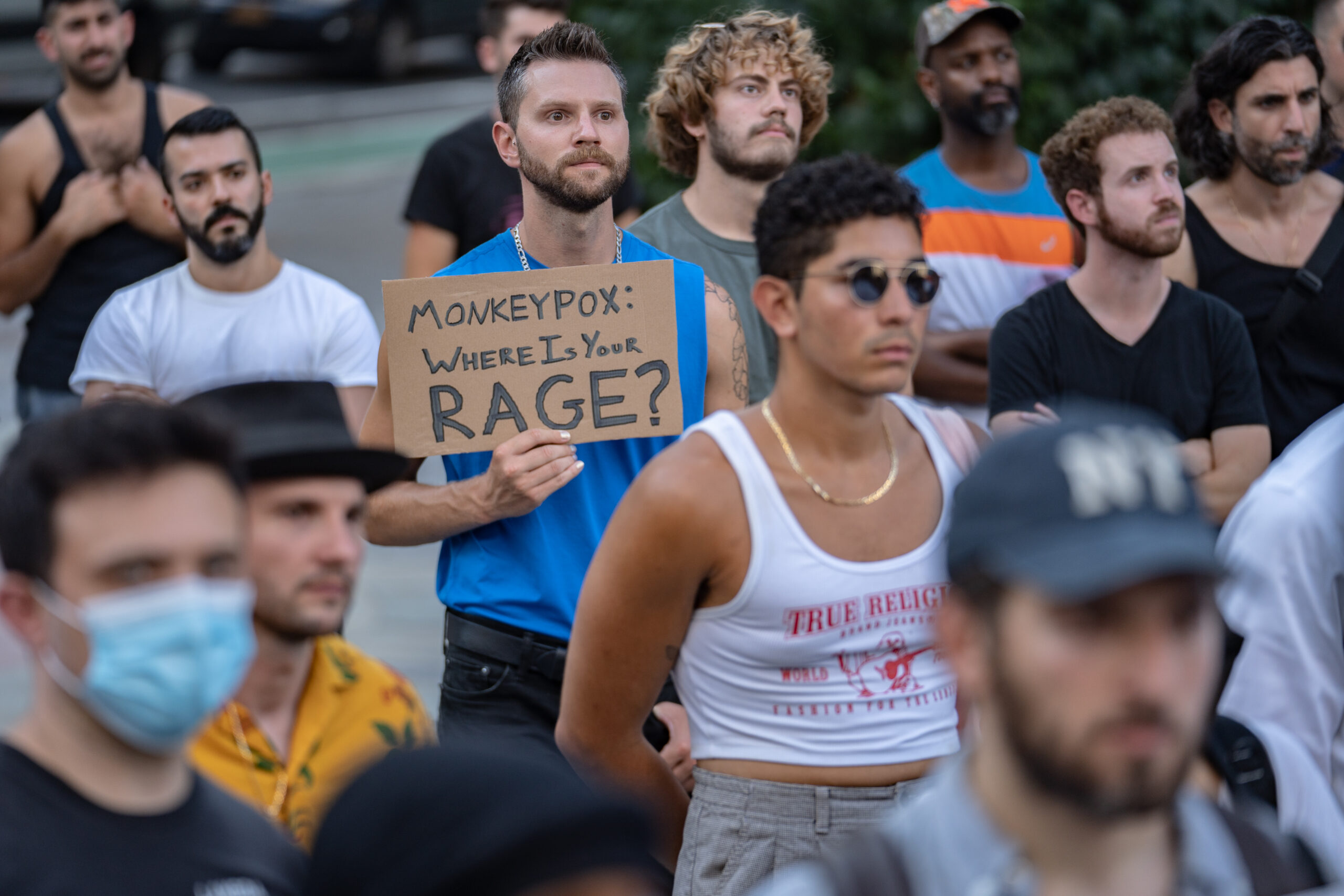We continue to assess that the spread of monkeypox is unlikely to cause widespread disruption to international travel as the health risks to the general population are low. This is despite the WHO declaring the virus a ‘Public Health Emergency’ on 23 July amid rising cases and countries experiencing the virus.
This assessment was issued to clients of Dragonfly’s Security Intelligence & Analysis Service (SIAS) on 27 July 2022.
The concentration of cases among people with multiple sexual partners, including men who have sex with men (MSM), will likely cause increased stigma for those infected with the virus and people who identify as LGBTQ+. And in our analysis this is likely to create barriers to accessing healthcare, particularly in countries that discriminate against LGBTQ+ individuals and communities.
Cases almost certain to rise but widespread disruption unlikely
The number of cases and countries experiencing outbreaks of monkeypox is all but guaranteed to rise in the coming months. According to the US CDC, 18,095 cases were confirmed in 75 countries between 1 January and 25 July 2022. This includes 69 countries that have not historically reported cases of the virus, compared with 34 when we last reported on its spread on 14 June (B-14-06-22-WW). Cases are currently concentrated in Europe and the Americas, but there has also been a notable increase in case numbers in West and Central Africa.

Despite rising cases and its global spread, widespread virus-related travel restrictions remain improbable. According to the WHO, there are initial indications that case numbers may be stabilising or declining in the Americas and Europe and only five deaths have been reported globally since 1 January. No countries have implemented restrictive measures at borders or domestically despite high case numbers. And the WHO’s guidance for governments remains undisruptive: implement contact tracing and advise that confirmed or suspected cases self-isolate and avoid travel.
Modelling by the ECDC and European Commission’s Health Emergency Preparedness Response Authority suggests the WHO’s recommended measures coupled with vaccines could be effective in controlling the outbreak. While operational issues exist in implementing these measures and with vaccine supply and rollout, the limited health risks to the general population mean virus-related barriers to travel are unlikely. But we maintain our assessment from previous reports that the most likely disruptive scenario for international travel would be if the virus mutates to result in more severe illness.
Risk that stigma will create barriers to healthcare
While monkeypox can affect anyone, according to the ECDC, the overall risk from the virus is higher for people having multiple sexual partners, including some groups of MSM, than for the general population. Preliminary data reported by the WHO shows 99% of cases detected in Canada, Spain, the UK and US occurred in MSM. But it said the concentration of cases among certain groups provides an opportunity to prevent ongoing transmission through targeted interventions, including vaccines for communities at the highest risk.
We anticipate the concentration of cases among these groups will probably increase the stigma surrounding individuals infected with the virus and people who identify as LGBTQ+. In turn, this will likely create barriers to accessing necessary medical care, especially in countries where LGBTQ+ communities face widespread discrimination. Anecdotal reporting in media outlets has highlighted patients experiencing stigma within healthcare services and a lack of knowledge to deal with suspected cases in the US. This is in spite of it being one of the epicentres of the virus and having a low risk of LGBTQ+ discrimination.
Image: People protest during a rally calling for more government action to combat the spread of monkeypox at Foley Square on July 21, 2022 in New York City. Photo by Jeenah Moon/Getty Images




